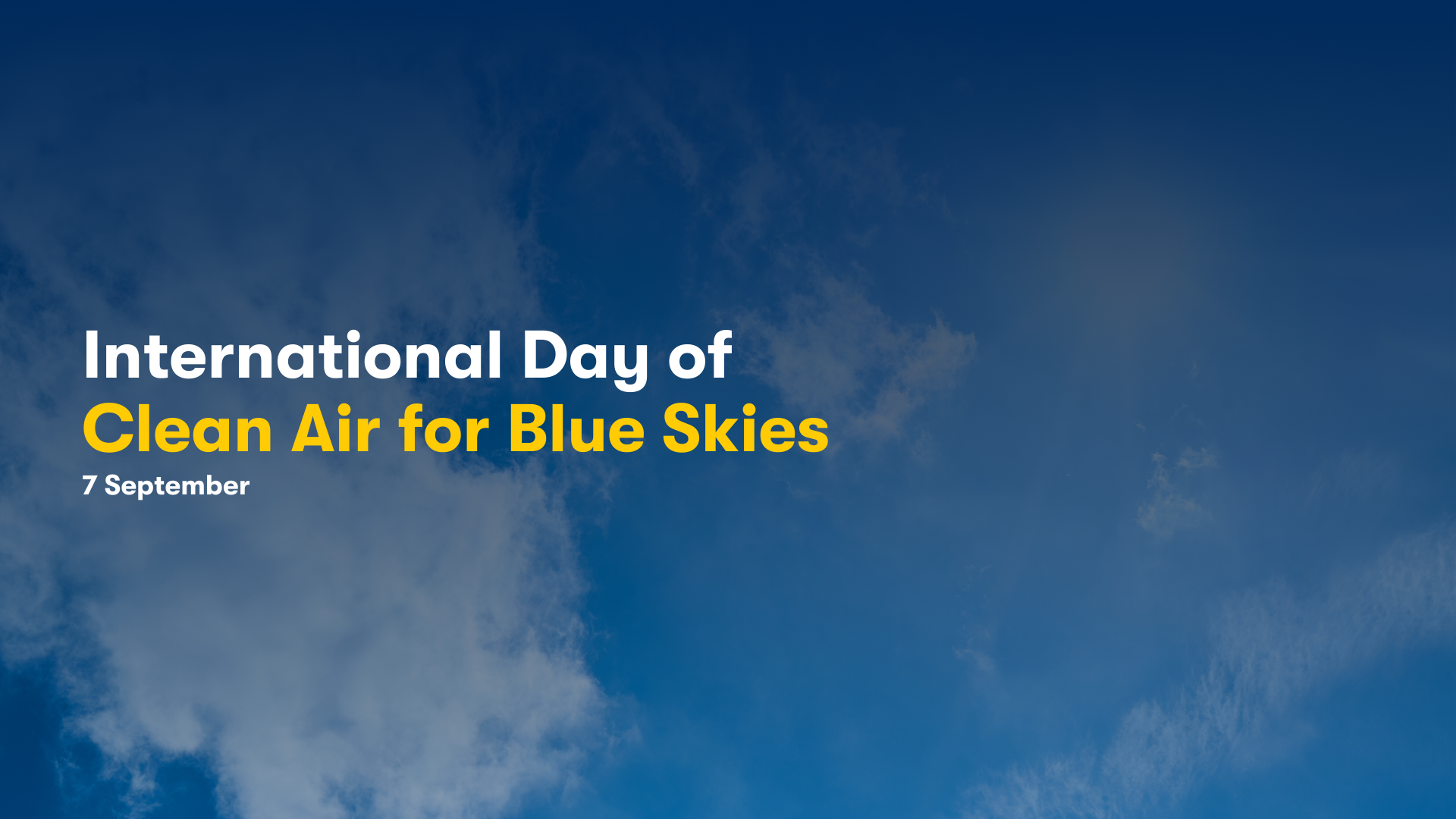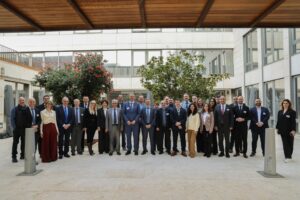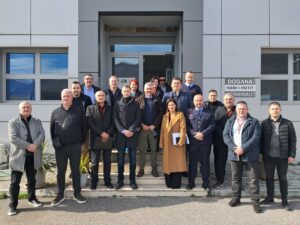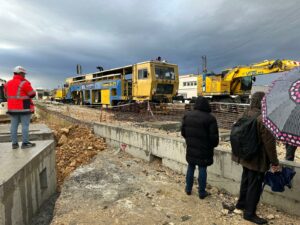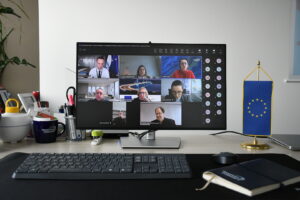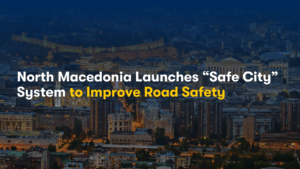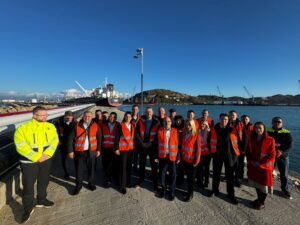WESTERN BALKANS – Air pollution is the single biggest environmental health risk worldwide, responsible for millions of premature deaths each year, according to the United Nations. For many in the Western Balkans, this challenge is felt daily. Cities such as Belgrade, Sarajevo, Pristina, and Skopje consistently rank among Europe’s most polluted urban areas, with fine particulate matter (PM2.5) levels above World Health Organization thresholds.
A major contributor is transport. The region still relies heavily on oil-based fuels, while electric and hybrid vehicles make up less than 1% of the fleet – a sharp contrast with the EU average of over 18%. Most vehicles on the road are 10–20 years old, emitting far more CO₂, nitrogen oxides, and particulate matter than newer models.
Despite these challenges, progress is underway. Albania has increased its electric vehicle fleet by 777% between 2019 and 2022 thanks to VAT and registration fee exemptions. Serbia has rolled out EV subsidies, toll discounts, and plans for a nationwide charging network. Montenegro offers up to €5,000 in subsidies for EV purchases.
Ports and airports are also greening operations. The Port of Durres (Albania) and the Port of Bar (Montenegro) are installing solar panels. Pristina Airport has already achieved carbon neutrality, while Belgrade and Tirana airports are mapping and reducing emissions.
With more than half of the region’s population living in urban areas, cleaner public transport and urban mobility are vital. By 2027, all Western Balkan cities with over 100,000 residents must adopt Sustainable Urban Mobility Plans (SUMPs) to reduce air and noise pollution.
Several cities are leading the way: Sarajevo, Tirana, Pristina, and Podgorica are investing in bike lanes, pedestrian zones, and clean bus fleets. The Clean Bus and Fleet Platform, endorsed by Western Balkan ministers in 2024, will accelerate the shift to low- and zero-emission public transport, offering healthier and more sustainable travel choices.
To learn more about how the Western Balkans is approaching the issue, inform yourself about our Strategy for Sustainable and Smart Mobility in the Western Balkans and its accompanying reports.
The International Day of Clean Air for Blue Skies is a reminder that air pollution knows no borders. Efforts to reduce emissions from cars, buses, trucks, ports, and airports are essential for meeting EU standards and for protecting people’s health and creating liveable cities for generations to come. Cleaner mobility means cleaner air, healthier citizens, and a region better connected to Europe.

